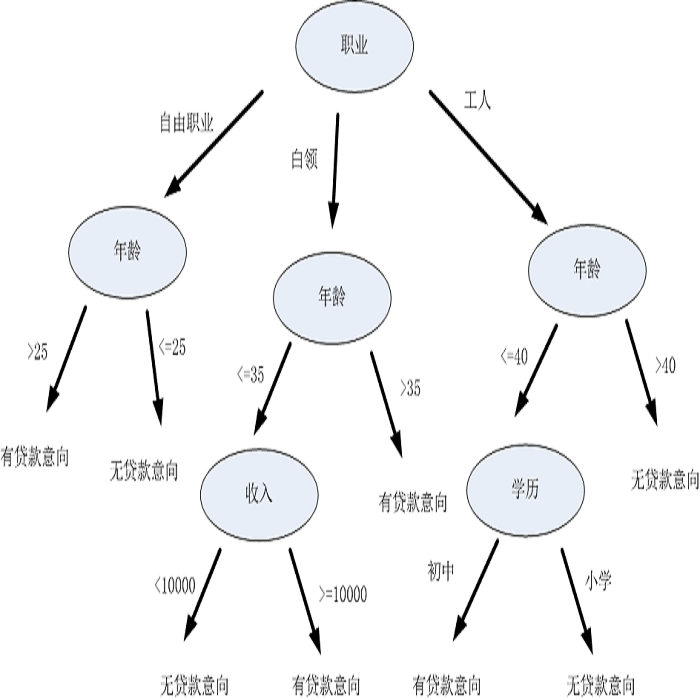Cardiovascular disease refers to any critical condition that impacts the heart. Because heart diseases can be life-threatening. Researchers are focusing on designing smart systems to accurately diagnose them based on electronic health data, with the aid of machine learning algorithms. Heart disease classification using machine learning (ML) algorithms such as Support Vector Machine(SVM), Na\"ive Bayes(NB), Decision Trees (DTs) and Random Forests (RFs) are often hindered by overfitting. These ML algorithms need extensive hyperparameter tuning. Random Search offers a faster, and, more efficient exploration of hyperparameter space, but, it may overlook optimal regions. Grid Search, though exhaustive, but, it is computationally expensive and inefficient, particularly with high-dimensional data. To address these limitations, Randomized-Grid Search, a novel hybrid optimization method is proposed that combines the global exploration strengths of Random Search with the focused, and, exhaustive search of Grid Search in the most promising regions. This hybrid approach efficiently balances exploration and exploitation. The proposed model optimizes the hyperparameter for Decision Tree model. The proposed model is applied to UCI heart disease dataset for classification. It enhances model performance, provides improved accuracy, generalization, and computational efficiency. Experimental results demonstrate that Randomized-Grid Search outperforms traditional methods by significant margins. The proposed model provides a more effective solution for machine learning applications in healthcare diagnosis.
翻译:暂无翻译



